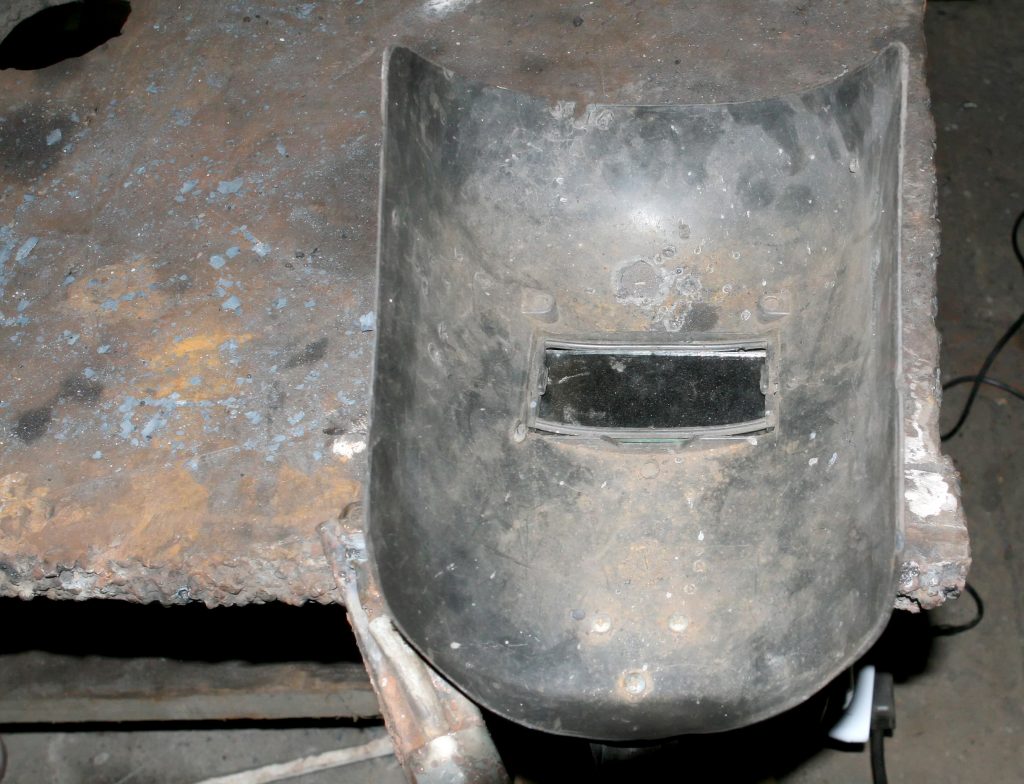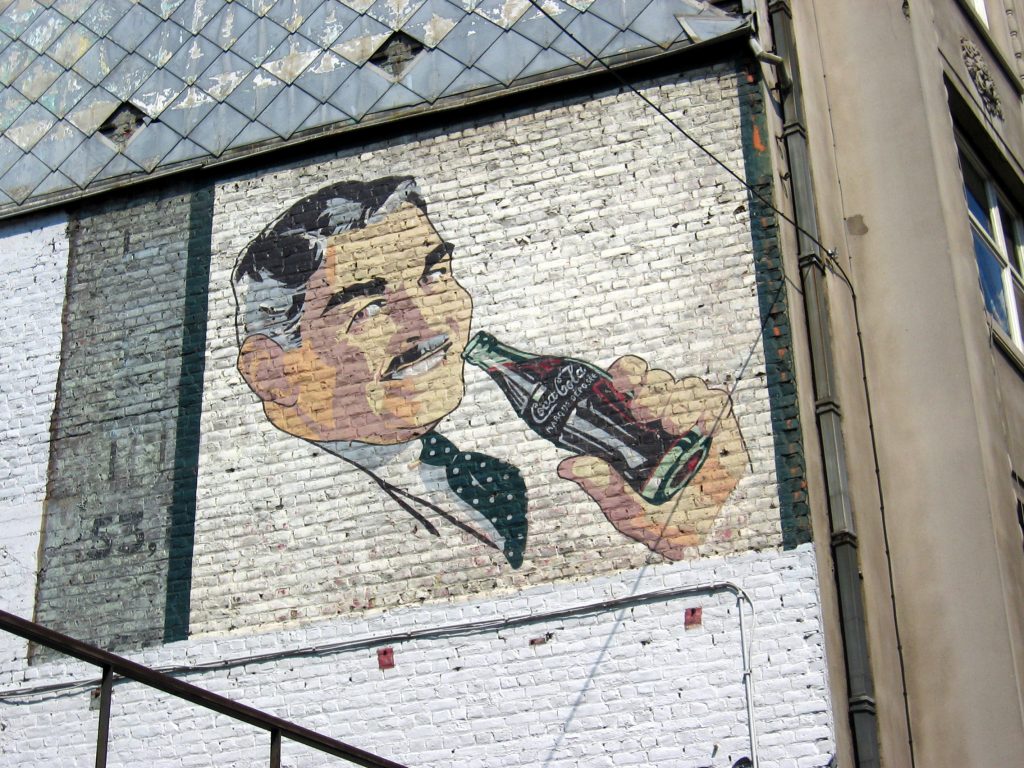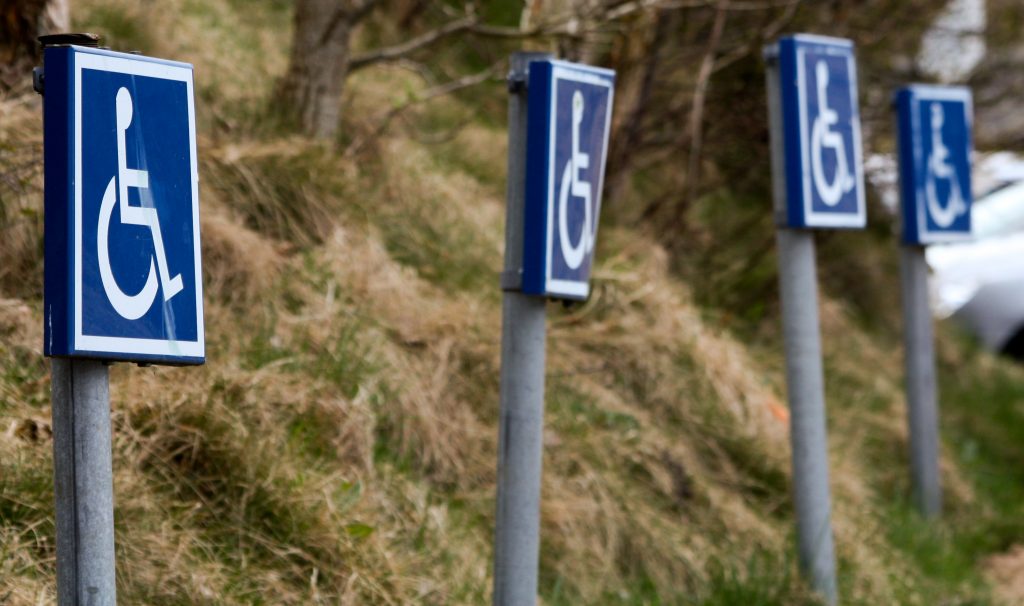 School bullying is a commonly discussed problem in our generation. Parents are often faced with dilemmas on how to protect their children and instruct them in dealing with bullies at school. In earlier eras perhaps this was considered a problem for the individual family to bear alone. In a recent case out of Plain Dealing, Louisiana however, the Louisiana Second Circuit Court of Appeal affirmed that school teachers and the school board can now be held liable for such bullying and its effects.
School bullying is a commonly discussed problem in our generation. Parents are often faced with dilemmas on how to protect their children and instruct them in dealing with bullies at school. In earlier eras perhaps this was considered a problem for the individual family to bear alone. In a recent case out of Plain Dealing, Louisiana however, the Louisiana Second Circuit Court of Appeal affirmed that school teachers and the school board can now be held liable for such bullying and its effects.
On December 10, 2012, a fourth-grade boy, J.B., at Carrier Martin Elementary School in Plain Dealing, Louisiana broke his arm during playground recess when three boys knocked him to the ground to keep him from tattling. J.B.’s parents filed a lawsuit on behalf of their son against the Bossier Parish School Board (“Board”), and teacher Tricia Huckaby seeking damages. After a trial before the Judicial District Court for the Parish of Bossier, Louisiana, the jury found in favor of the parents and awarded $125,000 in general damages, $12,674.14 in special damages, and $25,000 to the mother for the loss of consortium for a grand total of $166,784.63 with legal interest. The Board appealed the finding of liability and argued that the award was excessive.
A school board, through its agents and teachers, owes a duty of reasonable supervision over students pursuant to La. C.C. art. 2320. For liability to be imposed on a school board for inadequate supervision of students, there must be (1) proof of negligence and (2) proof of a causal connection between the negligent supervision and the resulting damage to a student. See Creekbaum v. Livingston Parish School Board, 80 So. 3d 771 (La. Ct. App. 2011). The standard of care required by the school supervisors over the students is only what would be expected of a reasonably prudent person in same or similar circumstances. The risk of injury had to be both foreseeable and preventable if a requisite degree of supervision had been exercised. In awarding damages, a jury is empowered with great discretion and the award will only rarely be disturbed on appeal if an abuse of discretion is found.
 Louisiana Personal Injury Lawyer Blog
Louisiana Personal Injury Lawyer Blog


 Workers’ compensation pays for an employee’s medical expenses and lost wages when an employee is injured on the job. But what happens when an employee is injured while performing his or her job in a manner not approved of by the employer? Recently, a Court of Appeal for the State of Louisiana addressed this issue in a case involving a man from St. Landry Parish.
Workers’ compensation pays for an employee’s medical expenses and lost wages when an employee is injured on the job. But what happens when an employee is injured while performing his or her job in a manner not approved of by the employer? Recently, a Court of Appeal for the State of Louisiana addressed this issue in a case involving a man from St. Landry Parish. Under Louisiana law, an employee who is injured while on the job is entitled to “vocational rehabilitation services” (services that help an individual overcome his or her own physical or mental disability in order for that individual to return to work) provided by a vocational rehabilitation counselor.
Under Louisiana law, an employee who is injured while on the job is entitled to “vocational rehabilitation services” (services that help an individual overcome his or her own physical or mental disability in order for that individual to return to work) provided by a vocational rehabilitation counselor.  Be it alleged abuses in the welfare system or lying on their tax return, individuals abusing the system has been a hot button issue for the past couple of years. But what happens when someone gets caught? How does the law handle the people who abuse the system? Recently, a Louisiana Court of Appeal held that concealing previous injuries resulted in a forfeiture of workers’ compensation benefits (insurance that pays wages and medical costs for an injury occurring while at work) and the payment of restitution (compensation ordered by the court for restoration of money to its rightful owner) for a Saint Martinville concrete finishing business owner.
Be it alleged abuses in the welfare system or lying on their tax return, individuals abusing the system has been a hot button issue for the past couple of years. But what happens when someone gets caught? How does the law handle the people who abuse the system? Recently, a Louisiana Court of Appeal held that concealing previous injuries resulted in a forfeiture of workers’ compensation benefits (insurance that pays wages and medical costs for an injury occurring while at work) and the payment of restitution (compensation ordered by the court for restoration of money to its rightful owner) for a Saint Martinville concrete finishing business owner. A
A  When are you on the job? While seemingly a simple question, many personal injury cases revolve around the issue of whether an individual was acting within the scope of his or her employment. The ramifications of the answer to this question determine whether a business is on the hook for its employee’s negligence. Recently, a Louisiana Court of Appeal (“the Court”) addressed this question when determining whether a Coca-Cola Bottling Company United, Inc. (“Coca-Cola”) employee was working for the company at the time of an accident.
When are you on the job? While seemingly a simple question, many personal injury cases revolve around the issue of whether an individual was acting within the scope of his or her employment. The ramifications of the answer to this question determine whether a business is on the hook for its employee’s negligence. Recently, a Louisiana Court of Appeal (“the Court”) addressed this question when determining whether a Coca-Cola Bottling Company United, Inc. (“Coca-Cola”) employee was working for the company at the time of an accident. As if having car troubles was not bad enough, imagine also losing your toe in the process. Well, that exact scenario happened to Valerie Babin. After her vehicle broke down in Gonzales, Louisiana, Ms. Babin called American Towing Enterprises to tow her vehicle. An American Towing Enterprises’s employee, Floyd Russo, arrived to help Ms. Babin. At this point, Ms. Babin’s day went from bad to worse. As Mr. Russo partially loaded the vehicle onto the truck’s flatbed, Ms. Babin went to turn off her vehicle’s emergency flashers. At the same time, Mr. Russo lowered the truck bed, which landed on Ms. Babin’s foot, crushing her big toe. Despite attempts to save her big toe, Ms. Babin eventually required surgery to remove it.
As if having car troubles was not bad enough, imagine also losing your toe in the process. Well, that exact scenario happened to Valerie Babin. After her vehicle broke down in Gonzales, Louisiana, Ms. Babin called American Towing Enterprises to tow her vehicle. An American Towing Enterprises’s employee, Floyd Russo, arrived to help Ms. Babin. At this point, Ms. Babin’s day went from bad to worse. As Mr. Russo partially loaded the vehicle onto the truck’s flatbed, Ms. Babin went to turn off her vehicle’s emergency flashers. At the same time, Mr. Russo lowered the truck bed, which landed on Ms. Babin’s foot, crushing her big toe. Despite attempts to save her big toe, Ms. Babin eventually required surgery to remove it. Is it cruel and unusual punishment for a prison to not provide an extra pillow and mattress to an injured prisoner?
Is it cruel and unusual punishment for a prison to not provide an extra pillow and mattress to an injured prisoner? Decisiveness can be an excellent quality, especially in a judge. Court dockets are usually quite full and it can take a very long time for cases to be resolved. Whenever there is a confusion over which law to apply, however, patience is the greater virtue. In a lawsuit, lawyers will often request relief under various laws in hopes that one will bring success. In a recent case out of Venice, Louisiana, the Louisiana Fourth Circuit Court of Appeal reminded an Office of Workers’ Compensation Judge (“WCJ”) just how important patience is when issuing an order in a case with competing theories of recovery.
Decisiveness can be an excellent quality, especially in a judge. Court dockets are usually quite full and it can take a very long time for cases to be resolved. Whenever there is a confusion over which law to apply, however, patience is the greater virtue. In a lawsuit, lawyers will often request relief under various laws in hopes that one will bring success. In a recent case out of Venice, Louisiana, the Louisiana Fourth Circuit Court of Appeal reminded an Office of Workers’ Compensation Judge (“WCJ”) just how important patience is when issuing an order in a case with competing theories of recovery.  Accidents in the workplace can rob one of the ability to work or even do simple daily tasks. The system of workers’ compensation exists to ensure that injured workers are compensated for their injuries. However, certain rules exist to ensure money is distributed efficiently. In a recent case out of Opelousas, the Louisiana Third Circuit Court of Appeal confronted the rules governing permanent or temporary disability status.
Accidents in the workplace can rob one of the ability to work or even do simple daily tasks. The system of workers’ compensation exists to ensure that injured workers are compensated for their injuries. However, certain rules exist to ensure money is distributed efficiently. In a recent case out of Opelousas, the Louisiana Third Circuit Court of Appeal confronted the rules governing permanent or temporary disability status.